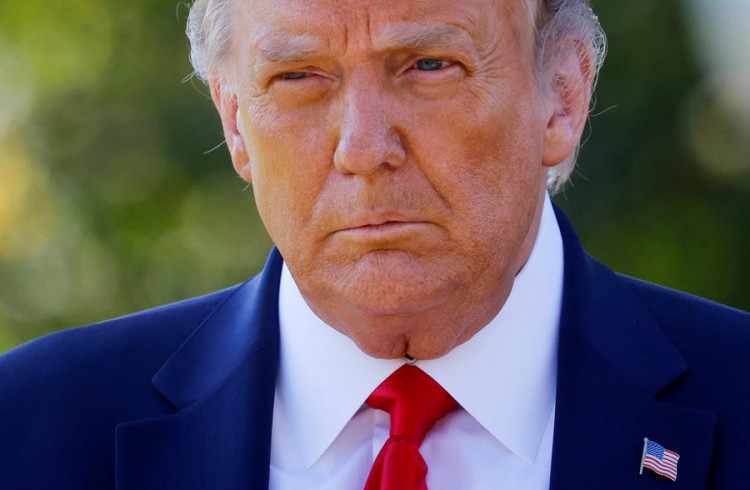In a bid to address mounting criticisms and appeal to voters, former President Donald Trump has proposed a new policy that would make in vitro fertilization (IVF) treatments fully covered by either the government or insurance companies if he is re-elected. This ambitious plan, announced during an NBC News interview on Thursday, aims to mitigate the high costs of IVF, which average around $20,000 per cycle according to the Department of Health and Human Services.
"We are going to be, under the Trump administration, paying for that treatment," Trump declared. He further clarified, "We're going to be mandating that the insurance company pay." This proposal is positioned as part of Trump's broader family-oriented platform, which also includes tax deductions for newborn expenses. Trump's plan underscores his commitment to addressing the high costs associated with fertility treatments, which are often out of reach for many Americans.
The announcement comes amid an increasingly contentious debate over reproductive rights and access to fertility treatments. Trump's proposal is likely to be viewed through the lens of his administration's previous actions on related issues. Critics have pointed out that his record on abortion and reproductive health is fraught with contradictions, particularly following the Supreme Court's decision to overturn Roe v. Wade, which he supported.
Sarafina Chitika, a spokesperson for Vice President Kamala Harris' campaign, responded sharply to Trump's proposal. "Donald Trump's own platform could effectively ban IVF and abortion nationwide," Chitika said. "Because Trump overturned Roe v. Wade, IVF is already under attack and women's freedoms have been ripped away in states across the country." This criticism highlights the tension between Trump's current policy proposal and his past positions, which have been criticized for undermining reproductive rights.
The debate surrounding IVF is also influenced by recent legal and political developments. The Alabama state Supreme Court's controversial ruling that recognized embryos created via IVF as persons led to significant disruptions in fertility services within the state. Although Alabama Governor Kay Ivey signed legislation to protect IVF access, the ruling has intensified concerns about the potential impact of restrictive abortion laws on fertility treatments.
Trump's proposal is a strategic move aimed at countering criticisms of the GOP's stance on reproductive health. While few insurance plans currently cover IVF, with many couples paying out of pocket for treatments, Trump's plan seeks to address this financial barrier by potentially shifting the cost burden to insurance companies or the government. This move could significantly alter the landscape of fertility treatment accessibility if implemented.
Senator JD Vance of Ohio, Trump's running mate, has expressed frustration with how the media and public discourse focus predominantly on abortion rather than the broader suite of pro-family initiatives. Vance's comments reflect a broader GOP effort to shift the narrative around reproductive health policies.
Trump's proposal also intersects with his broader political strategy as he navigates criticisms from both Democrats and within his own party. His position on abortion, including his opposition to the six-week abortion ban recently enacted in Florida, adds another layer of complexity to his campaign. Trump has stated that he believes the six-week limit is "too short" and supports extending the timeframe, though he has not explicitly endorsed Florida's upcoming abortion referendum.
As Trump's campaign continues to address criticisms and recalibrate its policy positions, his IVF proposal represents a significant shift in his approach to reproductive health issues. By advocating for greater accessibility to fertility treatments, Trump is attempting to position himself as a champion of family health and a counterbalance to criticisms stemming from his administration's past actions on abortion.






